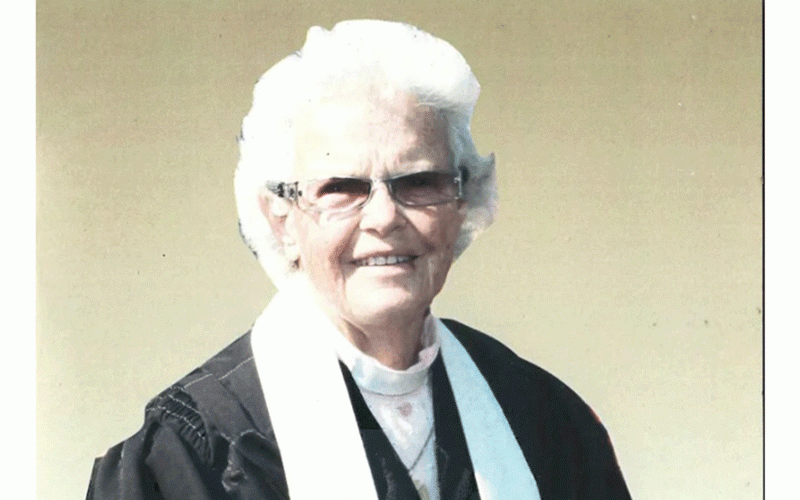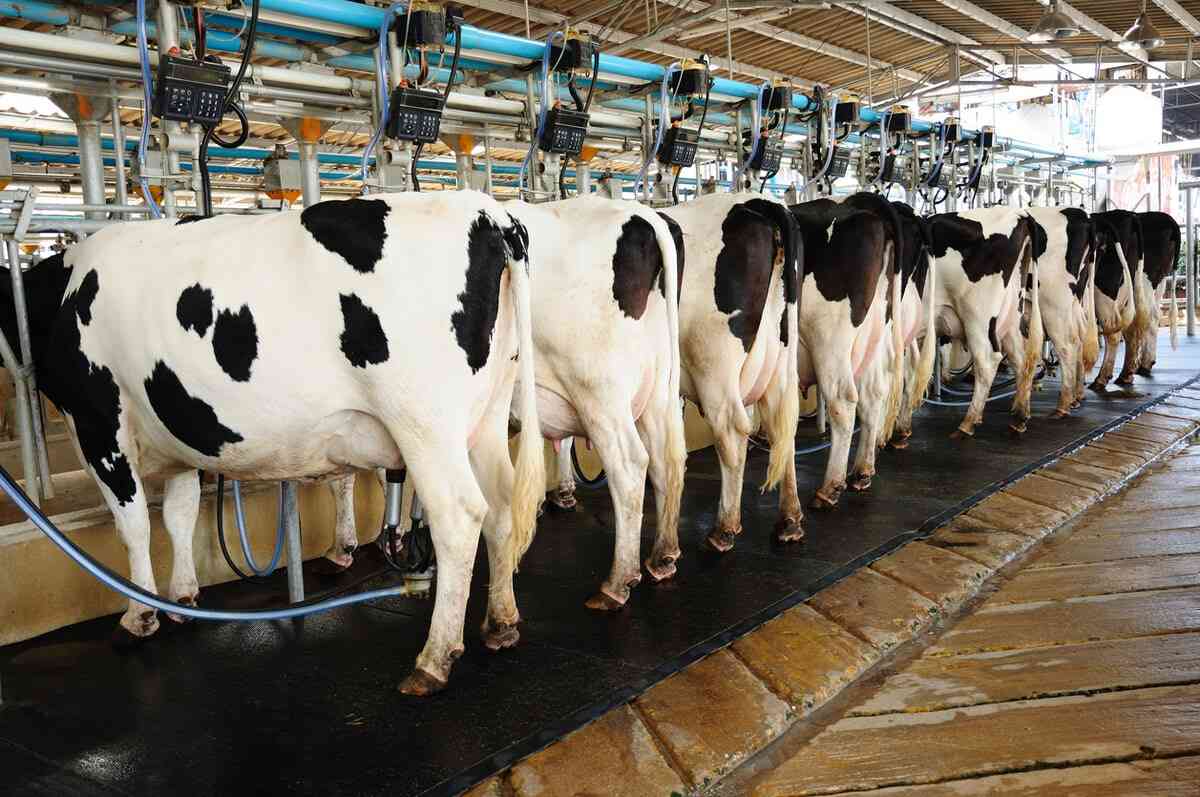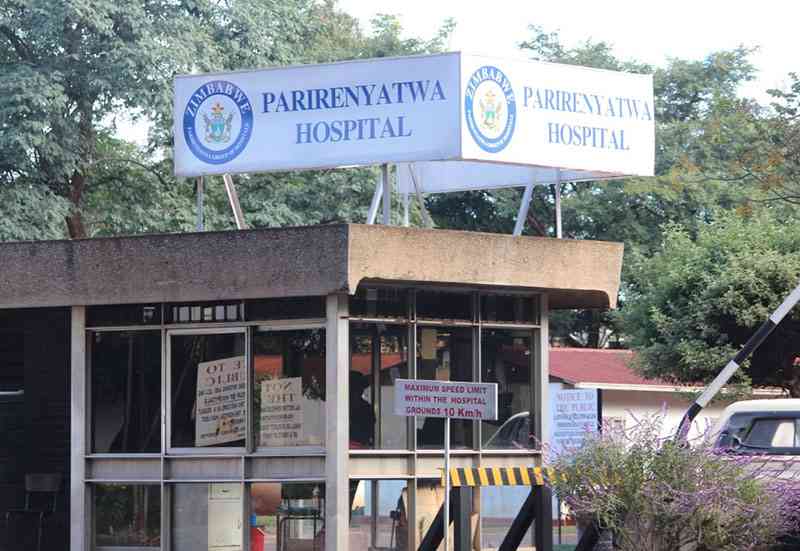
THE Zimbabwe Teachers Association (Zimta) has welcomed the school feeding programme introduced by the government saying it will go a long way in assisting learners’ concentration during lessons.
In an interview yesterday, Zimta secretary-general Goodwill Taderera told NewsDay that some of the learners who come to school hungry easily drop out of classes.
He said learners would welcome the programme because some families were failing to feed their children.
“We have learners who come to school hungry and fail to concentrate. Some of them easily drop out of school so that they then assist their parents in search of food,” he said.
“The programme has come at a good time. We want to encourage the government to extend as widely as possible to many other areas like high-density suburbs, farming and mining communities, I think those people are also vulnerable.”
National Association of Schools Development Committees president Max Mkandla echoed similar sentiments, but warned the government to be careful on the sources of the food.
“It is a good idea but we are more worried about the source of this food. Some of them are genetically modified organisms which might be dangerous to our children [so] the government has to be careful on that,” Mkandla said.
“The Ministry of Health and Child Care must be involved. We are not saying we should not accept them, but that we should be aware of what is coming into the country”
- Rural schools record 63% dropouts
- Leaked papers: Zimsec yet to decide
- Teachers fume over fees payment delays
- Protect exams integrity, teachers urge Zimsec
Keep Reading
Bulawayo provincial education director Bernard Mazambane also called on schools that have not collected their allocations to do so.
“With schools having opened today (Tuesday), every school should have collected its supplies. There are 147 primary schools and 58 secondary schools, making a total of 205 schools. We have mealie-meal, cooking oil and various relishes," he said.
Primary and Secondary Education ministry spokesperson Taungana Ndoro confirmed the feeding scheme saying they are targeting peri-urban (P2) and rural (P3) schools.
“Yes, we have started [the feeding scheme], P2 is mainly peri-urban or high-density primary schools, while P3 is rural primary school. The classification is mainly on the school resources,” Ndoro said.











